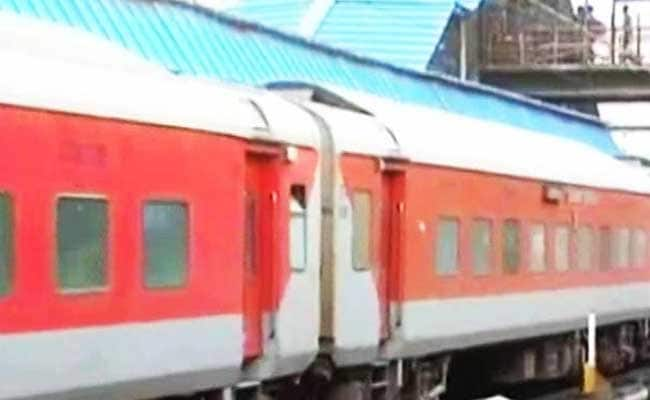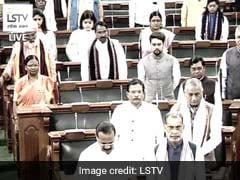In the present flexi-fare system, train fares go up as soon as a certain number of seats are booked in premium trains. "There will be some tweaking in some areas which will be beneficial to both passengers and the railways," Lohani said.
Currently flexi-fare system is applicable in premium trains such as Rajdhani, Shatabdi and Duronto which allows only 10 per cent of the seats to be sold in the normal fare. Thereafter it goes on increasing by 10 per cent with every 10 per cent of berths sold with a ceiling of 50 per cent.
The flexi-fare system was implemented in 2016.
Comments
Railway minister Piyush Goyal had earlier said that instead of flexi-fares, a dynamic pricing system was being considered where discounts could be given during off season. The fares would automatically adjust through artificial intelligence, algorithms or technology, to help trains have more occupancy, thus maximising revenues, the minister had said.In another development, Ministry of Railways in a statement on March 1 said Merchant Discount Rate (MDR) charges will not be levied on passengers for booking railway tickets (at the railway ticketing counters as well as through IRCTC ticketing website) on payment made through debit cards for a transaction value up to Rs. 1 lakh. Merchant discount rate or MDR is the amount that a merchant has to pay to its service providers when a consumer uses a debit card to pay for the transaction.












